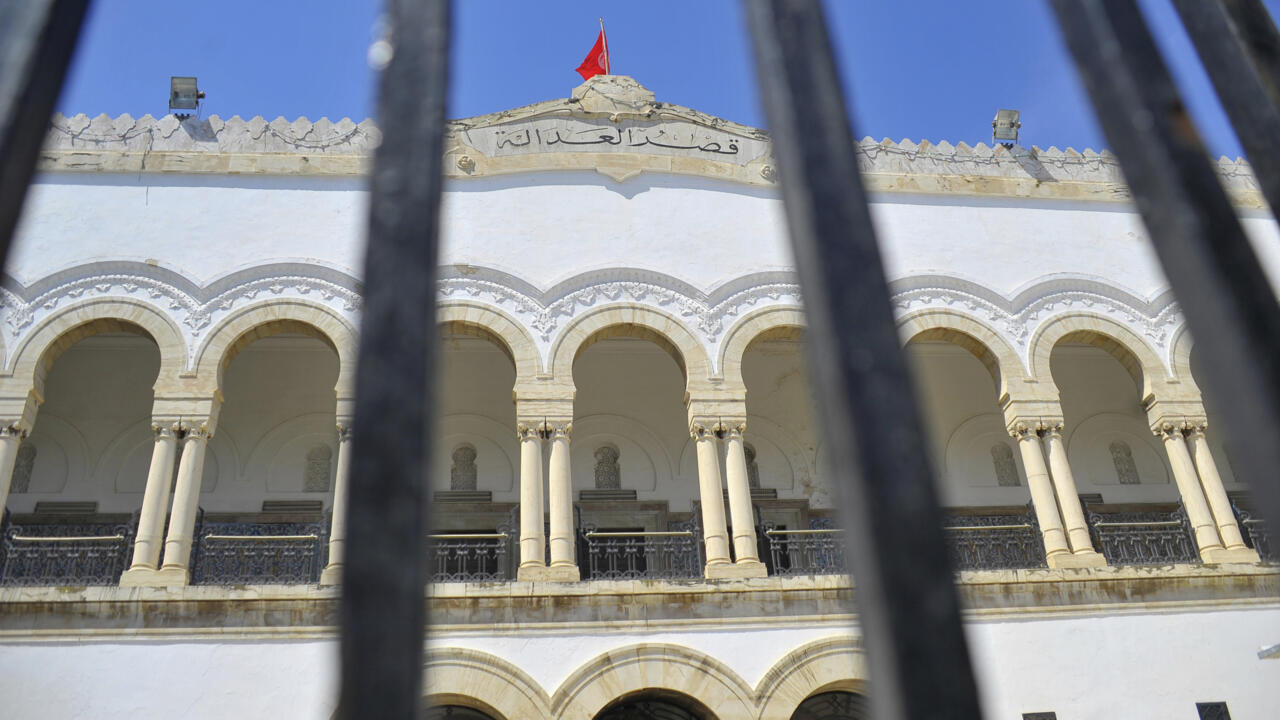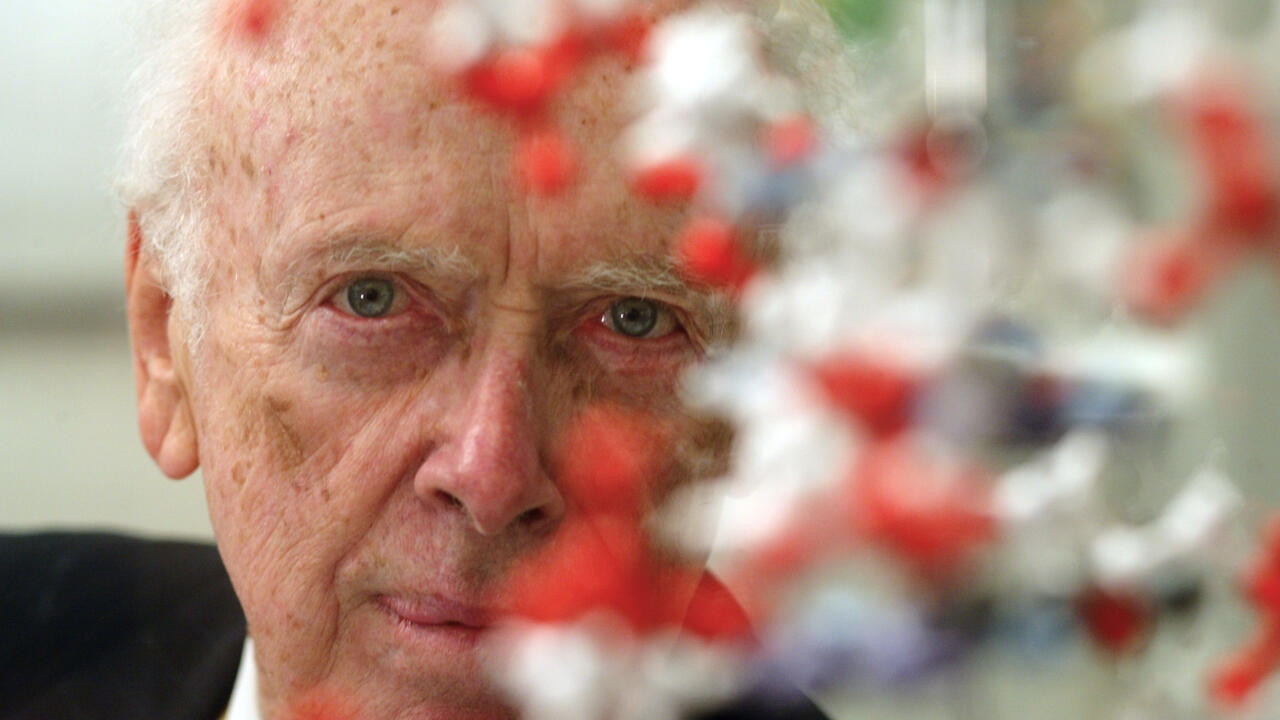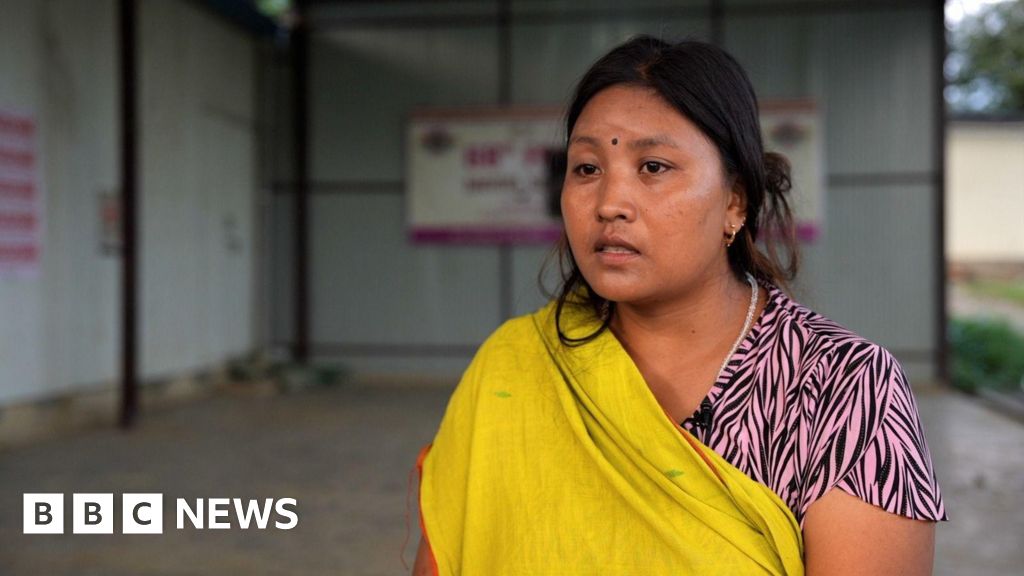 Activists protest about the need to keep global warming to 1.5 Degrees Celcius at COP30, Belém, Brazil. Credit: Farai Shawn Matiashe/IPS
Activists protest about the need to keep global warming to 1.5 Degrees Celcius at COP30, Belém, Brazil. Credit: Farai Shawn Matiashe/IPSBELÉM, Brazil, November 18 (IPS) - Funding cuts from the United States, the United Kingdom and Europe have left a funding gap in climate change programmes across Africa.
With the funds needed to fund Africa’s climate plans, known as Nationally Determined Contributions (NDCs), running into trillions of United States dollars, it is becoming more difficult to implement them.
In 2025, countries are expected to submit their third-generation NDCs, known as NDCs 3.0. So far, 111 countries have submitted their climate plan, a rise from 79 before COP30 in Belem, Brazil.
As per the Paris Agreement, countries are supposed to submit NDCs every five years. A collective assessment of progress, known as the global stocktake, reviews the NDCs for their alignment with Paris Agreement goals. The outcome feeds into the next generation of NDCs.
Some of the key issues in NDCs submitted by African countries, such as Zimbabwe, which submitted its climate plan before the initial deadline of 10 February, include targets to reduce emissions, roll out adaptation initiatives, and transition to green energy.
But without climate finance to implement these initiatives in Africa, these climate plans risk remaining documents. About USD 3 trillion is needed to support the implementation of NDCs on the continent, with about USD 2.5 trillion required between 2020 and 2030, according to the United Nations Economic Commission for Africa (ECA).
Dr. Richard Muyungi, Chair of the Africa Group of Negotiators (AGN), said developing countries should deliver their promises for African countries to implement their NDCs. “The issue is simple: developing countries cannot rely on vague assurances. We need clear, concrete commitments from developed countries, yet few have put forward new finance pledges,” he said while speaking during a media briefing in Belem. “It is an obligation, not an option.”
Of the estimated USD 3 trillion, about USD 264 billion has been committed by African leaders through domestic resources, while the remaining figure is expected to come from international public and private resources.
African negotiators said that without this key climate financing, developing countries will be forced to resort to loans, exposing these climate-hit countries to debts while struggling with the effects of climate change they did not cause.
Africa contributes less than 4 percent of the emissions that cause climate change. But they are the hardest hit by climate disasters, such as drought, extreme heat, and floods.
Africa’s future is being squeezed by a mix of debt and climate pressure.
There is a substantial financial gap in climate finance in Africa.
Climate disasters cost between 5 and 15 percent of GDP each year. Yet there is a substantial financial gap in climate finance on the continent.
As climate shocks are hitting harder and more often, destroying infrastructure, claiming the lives of many, and taking a toll on crops and livestock, most African governments are forced to borrow and later spend more on interest payments than they do on other issues like health and education.
Professor Carlos Lopes, COP30 Special Envoy for Africa, said climate finance to Africa for the implementation of their NDCs must not leave these countries in debt. “Blended and hybrid finance often camouflages the fact that commercial conditions are expanding. These instruments are not multiplying finance; they are simply bringing in more commercial money,” he said during a press briefing at COP30. “We must pay attention when practice does not match the promise,” he said.
Mitigation accounts for more than half of the reported needs, at about 66 percent, while the rest is for adaptation.
It is foreign aid that funded some of the climate programmes in Africa, including those for mitigation and adaptation. But in January, when President Donald Trump assumed power, US funding was halted. Other Western nations followed suit.
African countries can only hold rich nations that emit more at COP30 in Belem, Brazil.
Developing nations are counting on the new climate finance goal, the New Collective Quantified Goal (NCGQ), which replaces the unfulfilled USD 100bn pledge with USD 300bn.
The Baku to Belem roadmap aims to raise USD 1.3 trillion annually for developing countries by 2030.
African nations desperately need funding to fight against the climate crisis.
Evans Njewa, Chair of the Least Developed Countries (LDC) Group on Climate Change, said last year, wealthy countries agreed to the beginning of a new era of climate finance, yet after a year of devastating climate impacts that have destroyed livelihoods, deepened food insecurity, and left Least Developed Countries with staggering bills, the wallets are still empty.
“We did not start this fire, but we are being handed the bill. The wealthy country’s bill. It’s time to pay it,” he said. “The USD 1.3 trillion roadmap is only a starting point; delivery and accountability are the real tests of success.”
As COP30 enters the second week, there are fears over the lack of commitments on climate finance. At COP29 in Baku, developed countries agreed to start working on the agreed $300bn a year. But so far at COP30, no funding of note has been pledged.
Michael Mwansa, a Climate Justice Coordinator at ActionAid Zambia, said Global North countries, which are causing the current climate crisis, cannot expect Africa, which emits less, to deliver its NDCs without funding. “This is hypocrisy,” he told IPS.
Kuda Manjonjo, Just Energy Transition Advisor at Powershift Africa, a climate think tank based in Africa, said that for African nations to implement their climate ambitions to solve the climate crisis, they need funding. “You need money to support your ambition. It is like having a cow, NDCs, that is not being fed. How do you expect to get milk, which is a solution to the climate crisis?” he told IPS.
This feature is published with the support of Open Society Foundations.
IPS UN Bureau Report
© Inter Press Service (20251118185045) — All Rights Reserved. Original source: Inter Press Service

 6 days ago
8
6 days ago
8










 English (US) ·
English (US) ·